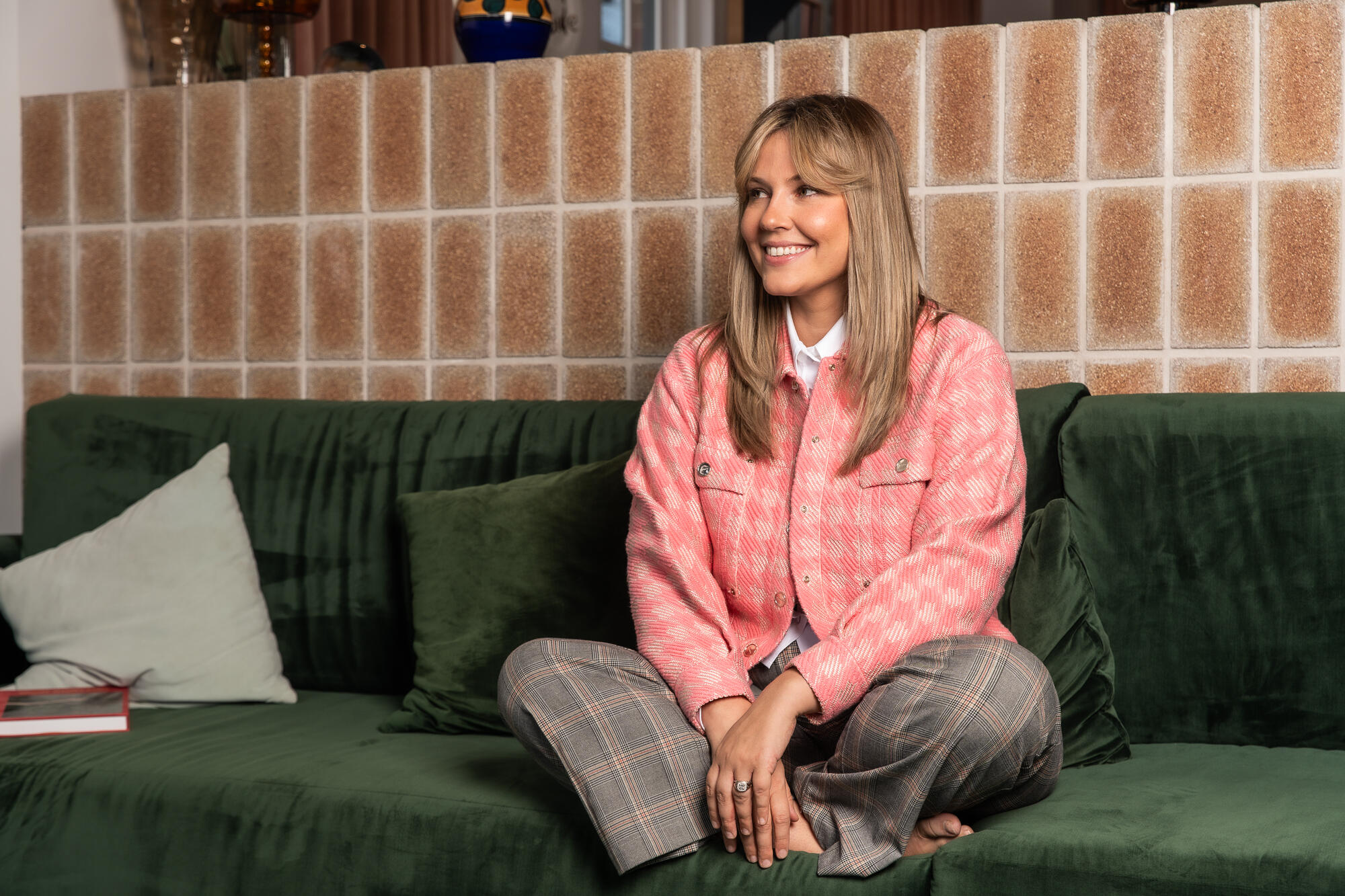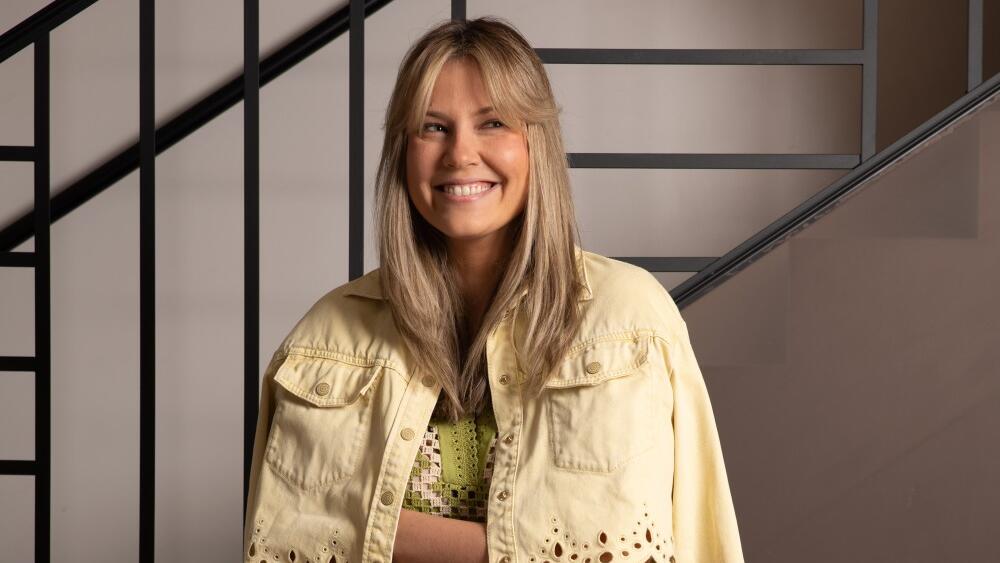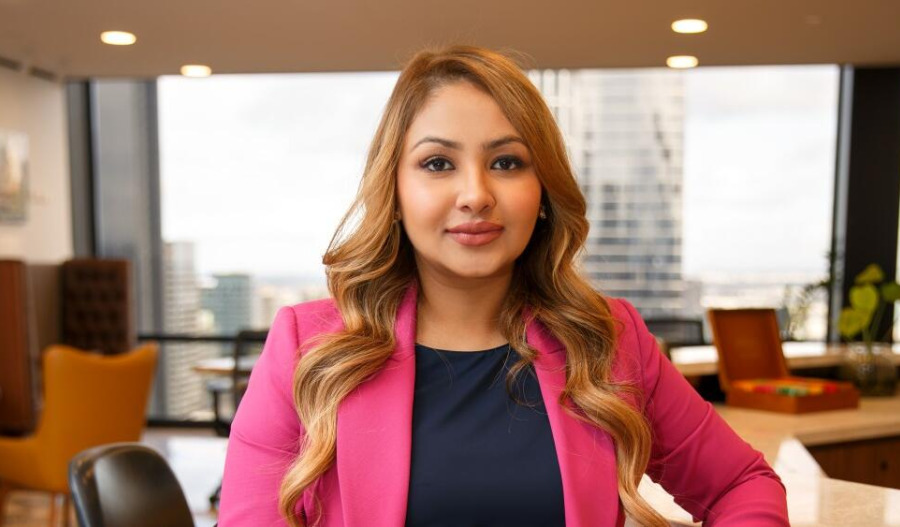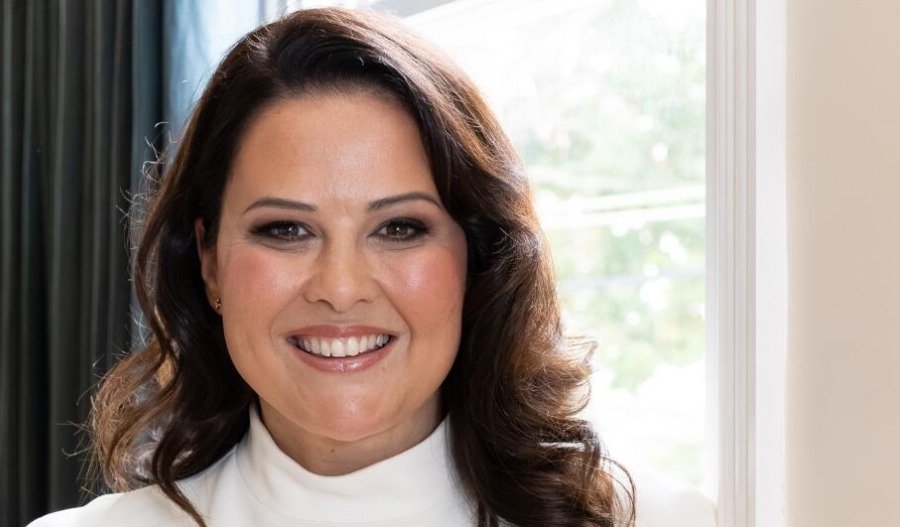Last year, Paris Buckland was tasked with getting her parents' business, Storepro, back on track while juggling motherhood and her own business.
Working at the business on and off for 15 years, Buckland was named CEO in November 2024 after returning to the company years before to help with the store fitters' COVID recovery.
“Around mid to end of COVID, I came back on, kind of as a strategic advisor to help navigate what was happening with the changes and the industry and construction in general,” Buckland tells Azzet.
“Then we had a change of leadership and I stepped into the CEO role.”
At Storepro, Buckland says they help brands fit out stores with equipment, fixtures and fittings while also acting as partners and achieved double-digit growth from 2021 to 2024.
She also says the industry she entered can be competitive, especially in Victoria, where she is based, due to there being low barriers to entry.
“It's a really low barrier to entry, kind of, because you can kind of come in as a tradesman or a project manager, for example, and you can start up quite easily,” she says.
However, Buckland also pointed out that it is an industry that has seen much evolution in recent years, as retail was hit hard by COVID.
Challenges in the industry
One of the biggest challenges the store fitting industry faced during and post-COVID was the rising number of consumers shopping online.
In 2022, Australians shopped online more than ever, spending A$52.7 billion, making up 12.6% of the Australian retail market.
However, following the pandemic, 34% of respondents in the Ayden Australia 2022 Retail report said they had a new appreciation of the tactile experience of in-person shopping post-pandemic, and 67% said they used physical stores as a “touch point” even if they purchased online later.
According to Buckland, brick-and-mortar stores have started to pick up over the past six months and are levelling out to pre-COVID levels in 2019.
“If you went into any kind of shopping centre, around 12 months ago, you wouldn't see many shopping bags, which is kind of the mark of whether people are actually buying anything in stores,” she says.
She also notes that are lot of large brands are investing in their brick and mortar stores, including Mecca in the city and Aesop, as well as some e-commerce brands.
“You can also see it in the way that unique e-commerce retailers like By Charlotte and Adore Beauty are building brick-and-mortar stores,” she says.

According to a report by Inside Retail, 85% of consumers plan to blend online and in-person shopping, meaning retailers will need to combine both aspects.
Another issue for the shop fitting industry, according to Buckland, is construction prices.
These prices were exacerbated by COVID and other factors like the Black Summer Bushfires in 2019 and 2020.
“During COVID, I think some of our materials jumped 150%, it was astronomical,” she says.
Builders’ fees are also dominating fit-out costs, taking up 41% of spending according to JLL.
Buckland said that with the competition in the store fit-out industry, businesses are opting for cheaper materials to mitigate costs for the brands they work with.
“In terms of materials, there are still a lot of people who think that you know, cheapest is best, rather than avoiding risk,” she says.
“I think within COVID, there were probably people trying to keep costs down and go with the lowest price, and then you just see budgets blow out with variations and all things that weren't considered in the initial cost.”
Buckland says Storepro can stand out from the crowd by offering more than just construction and partnering with the brand.
“We would probably say that we're more project managers than shop fitters, so our background is primarily retail,” she says.
“We still have a strong construction kind of backbone, I guess you'd describe it, and capability, but we kind of see things from retailers' point of view, because all of our team is from retail.”
Juggling act
On top of her CEO duties at Storepro, she also leads Pascal Satori, a business she founded almost a decade ago and is a mother of two.
Buckland says Pascal Satori is more mission-based, rather than focusing on profits.
“It's very much about kind of making an impact in people's lives, working with, not for profits, and technology, companies that work with frontlines, like high contingent workforces, like nurses or carers or NDIS and things like that, and working to make their lives better through technology,” she says.

Regardless, Buckland says, family and multiple businesses can be a lot to juggle but she does so through delegating work.
“Both the teams are amazing human beings, and they really care, and they work hard, and we kind of create that culture of care across both,” she says.
“I wouldn't be able to do it with them, because when you delegate something, you got to delegate it to someone who actually wants to do the job well.”
At Pascal Satori, she has also created an all-female leadership team that prides itself on flexible work options.



